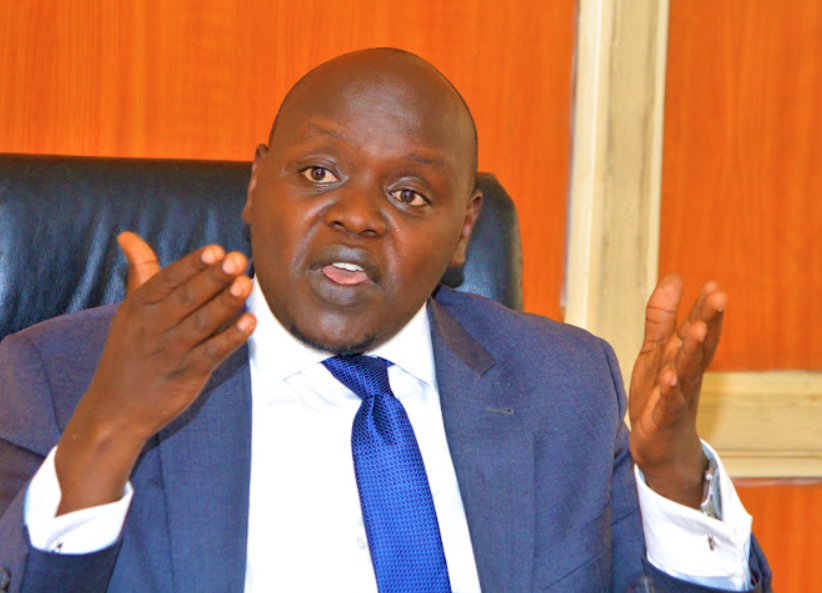Nandi Senator Samson Cherargei has reignited claims that foreign entities are financing protests and activism in Kenya, alleging that NGOs are destabilizing the country. Speaking recently, Cherargei accused activists of receiving foreign funds to sponsor “illegal” demonstrations, urging the government to track the financial flows supporting such activities.
“Some of us are aware that money from foreign entities is entering Kenya through NGOs to fuel chaos,” Cherargei said. He called on the Public Benefits Organisations Regulatory Authority (PBORA) to deregister NGOs linked to foreign sponsors, comparing Kenya’s situation to stricter regulations in countries like the U.S. “You cannot do this there. We must protect our nation,” he asserted.
His remarks echo President William Ruto’s earlier warnings. On June 16, 2025, Ruto accused international NGOs of sponsoring violence during recent protests, vowing to take action. “Organizations fueling anarchy must style up or leave Kenya,” Ruto declared in Nakuru, emphasizing that Kenya upholds the rule of law and will not tolerate foreign-backed sabotage.
Ruto claimed investigations were underway to expose NGOs allegedly inciting unrest, questioning their motives. “Why fund chaos instead of development?” he asked, asserting that Kenyan youth reject being manipulated for “retrogressive assignments.”
Critics, however, argue that such allegations aim to stifle dissent. Civil society groups have denied wrongdoing, insisting they promote accountability, not violence. Human rights advocates warn that cracking down on NGOs could undermine democratic freedoms.
As the government intensifies scrutiny, the debate over foreign influence, activism, and protest funding remains contentious. While authorities demand transparency from NGOs, the line between legitimate activism and alleged subversion continues to blur, raising concerns about Kenya’s democratic space.
The unfolding probe could redefine the operations of NGOs in Kenya, with implications for civil liberties and governance. For now, the state’s tough stance signals a hardening approach toward perceived external interference.

